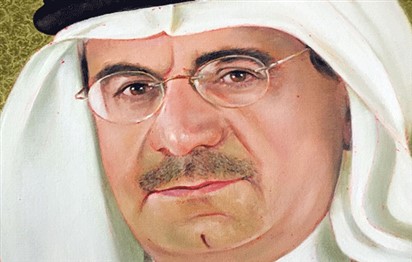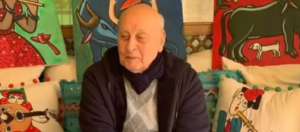Facebook and Google are siphoning ad revenues, leaving scraps for media houses
In these tough times and the rough waters that all media are treading through — be it the print, online, television and radio — something has to be done to save and secure the future of these media houses.
Here I mean the local media — the one that have grown with the country for the past four decades and established publication houses. They are a part of the UAE’s legacy; they are a part of the fabric of society.
Here in the UAE, we have several titles in Arabic and English – some are owned by the government and others by the private sector.
Most of these are newspapers that have online editions – the online editions being extensions of the print publications.
But looking at them over the past three years makes me feel very sorry and sad.
I am not talking about the quality of newspapers – that is another issue. I am talking about the fact that they are being dried up financially and forced to near closure.
I have been in the business of journalism for more than 35 years now. I have grown from a reporter to copy editor to section head, managing editor to Editor-in-Chief and Publishing Director. I have never seen our media in such a miserable situation as today.
Drastic steps
All news organisations have taken drastic steps to tackle this dire situation.
They have cut costs by reducing the print run, they have cut down on pagination and they have had to take the painful decision of letting go of staff – some of whom have been with the organisation for many decades.
But all of these cost-cutting measures have not been the solution. News organisations continue to bleed heavily, especially because costs of almost everything have risen drastically – from newsprint to ink to manpower and utilities.
And to add to these woes, there is the shrinking advertising market. Companies have virtually stopped advertising in print publications.
If you ask them why, the answer is almost instant: they prefer to advertise online. We also have an online edition. In fact, all newspapers have online editions and some have very high traffic – they get millions of page views and unique visitors.
But the truth is that online does not make enough revenue to cover the costs of the entire operation – print and digital.
Now to make this deteriorating situation worse, advertisers have also turned their backs on the local media – they are running after digital giants such as Facebook and Google.
We are happy to see that some revenue comes back to us in the shape of network ads. But we are not happy that these ads are worth but a few fils, a few pennies, compared to the big money that Facebook, Google and their sister companies are making.
Protecting national interests
So what can newspapers do if these international digital big players, these giants, have taken the lion’s share — 90 per cent of estimated revenue from the national digital media if not more?
I know governments of other countries have stood by their national media and have tried to protect their interests.
These governments have taxed the magnates.
The giants have to pay taxes for the business they do in these countries and the revenue they make.
I just dreamt of this happening here through government legislation. In my dream, the lead was taken by the National Media Council to make this come true.
The dream was these big houses were made to pay taxes for the business they conduct here.
I also dreamt that the taxes that were taken from these giants was spent on national media houses to help them survive.
Solutions?
What are then the solutions? I do not know.
We live in uncertain times. But I know for certain that the local media has to survive because they are the real tools for the country.
They inform and educate with real news. The local media is credible; it knows the land; it knows the society.
Hence the news is reliable and the views accurate.
The substitute is that the foreign media will take over and that will never be in favour of our national interest.
gulfnews




